Visiting Indonesian human rights defenders on the frontline
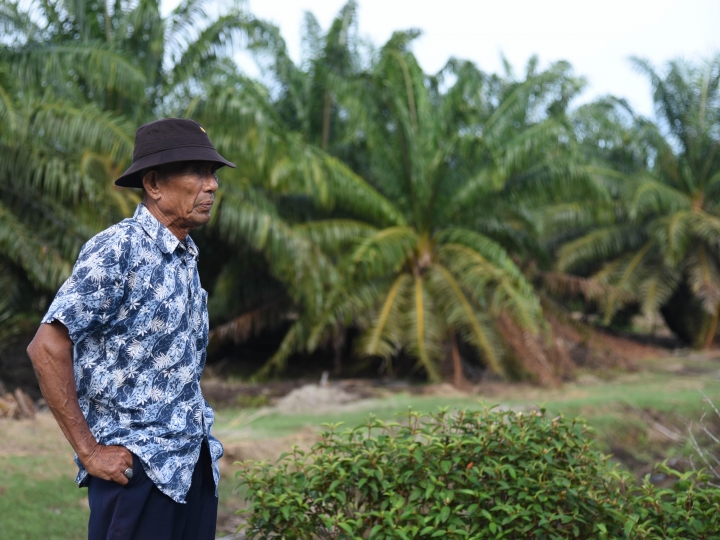
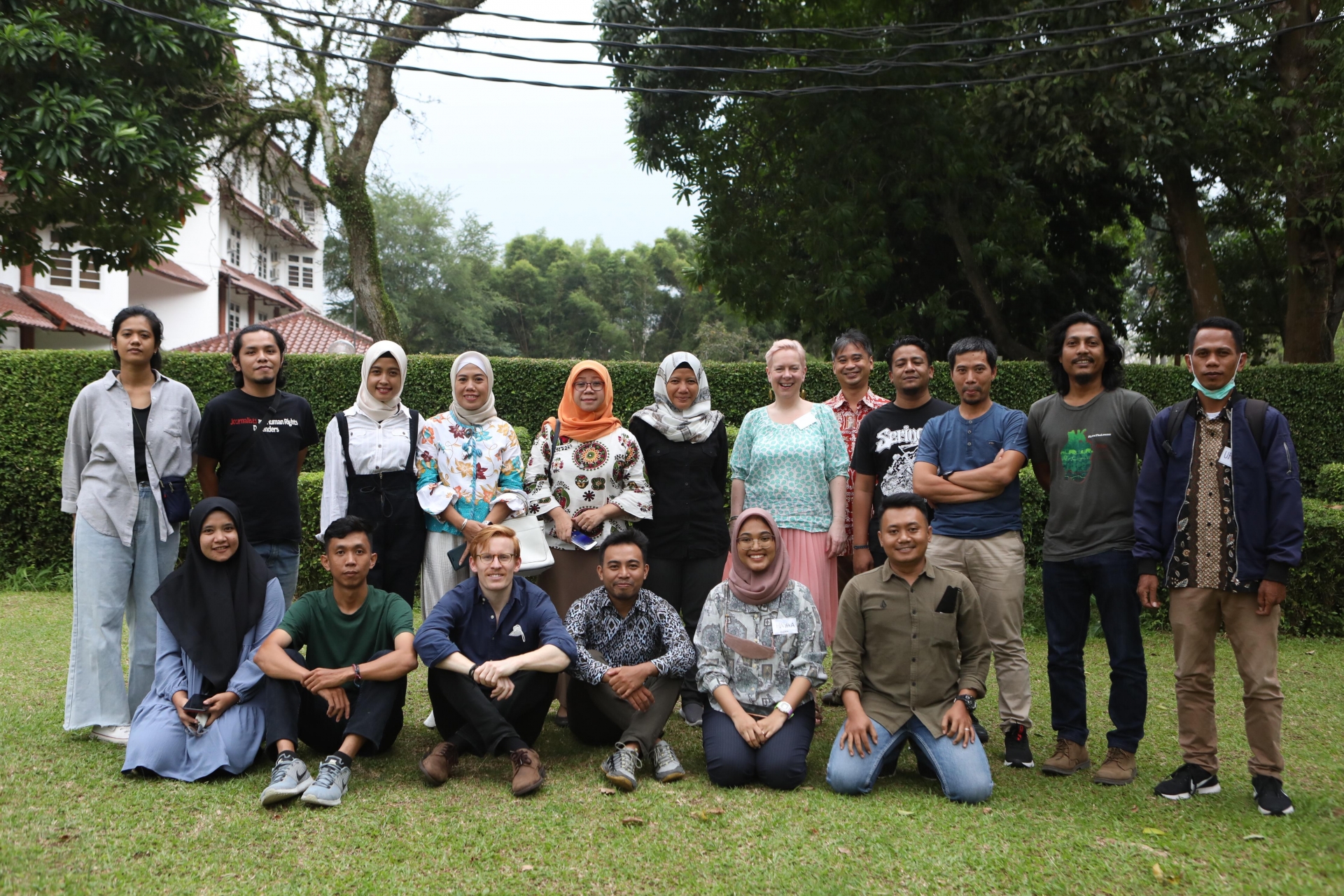
The purpose of the trip was to meet with our grantee partners and the local communities in which they work, but also to meet with other relevant civil society organizations in Indonesia, network members and embassies to discuss human rights concerns and explore potential partnerships.
When we travel, we make sure to include meetings with embassies that support human rights work. Meetings were held with the Norwegian, Dutch, German and US embassies where we discussed how to support grassroot organisations amid an overall trend of shrinking civil society space in Indonesia.
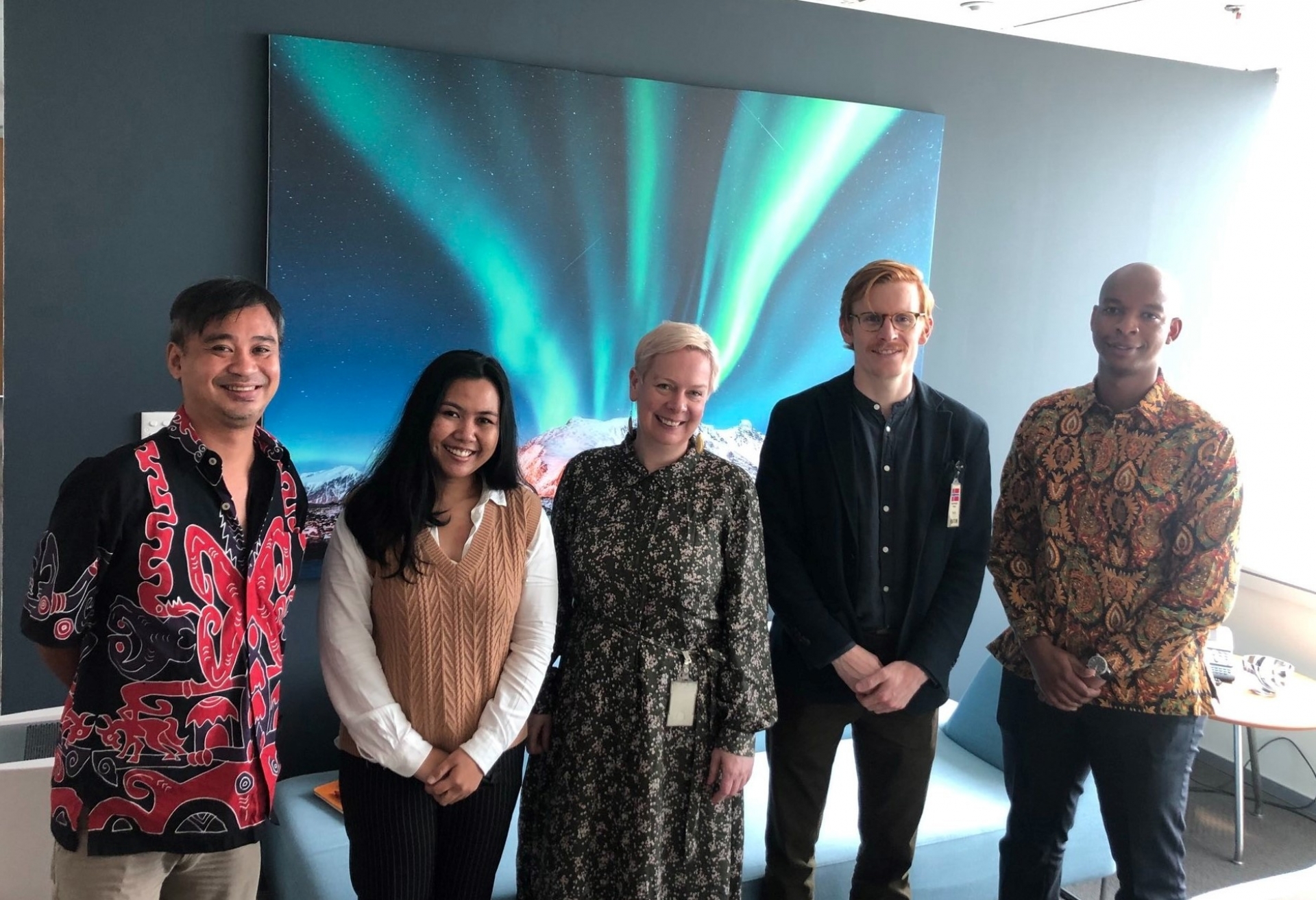
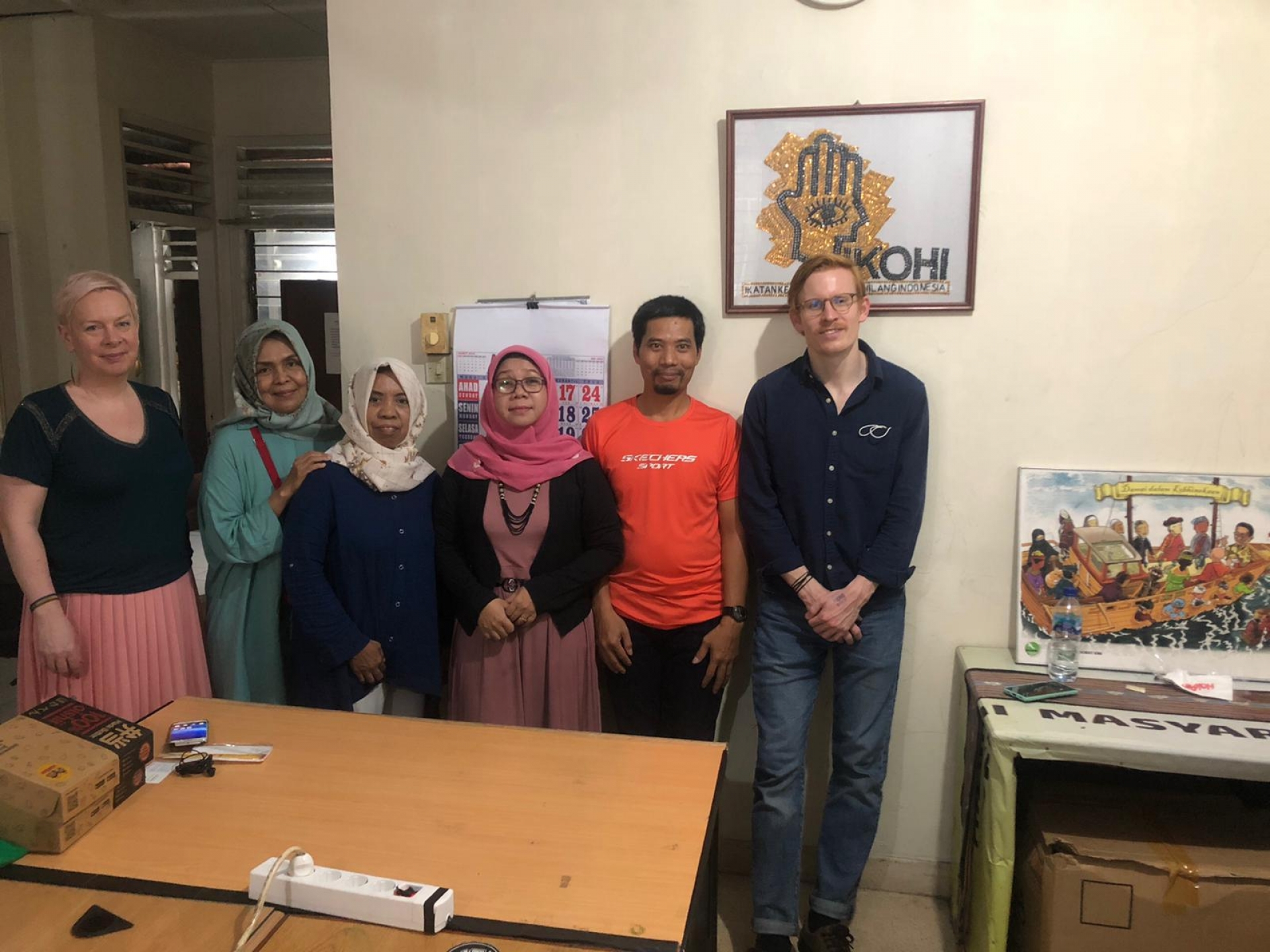
Meetings with partner organisations IKOHI & KONTRAS
In Jakarta, NHRF had some great discussions with our grantee partner Indonesian Association of the Families of the Disappeared (IKOHI) on their work advocating for the missing children of the East Timor conflict. They are working in a broad coalition of civil society groups, organized in a formal working group, to push for Indonesia to ratify the International Convention that Protects all Persons from Enforced Disappearances (ICCPED).
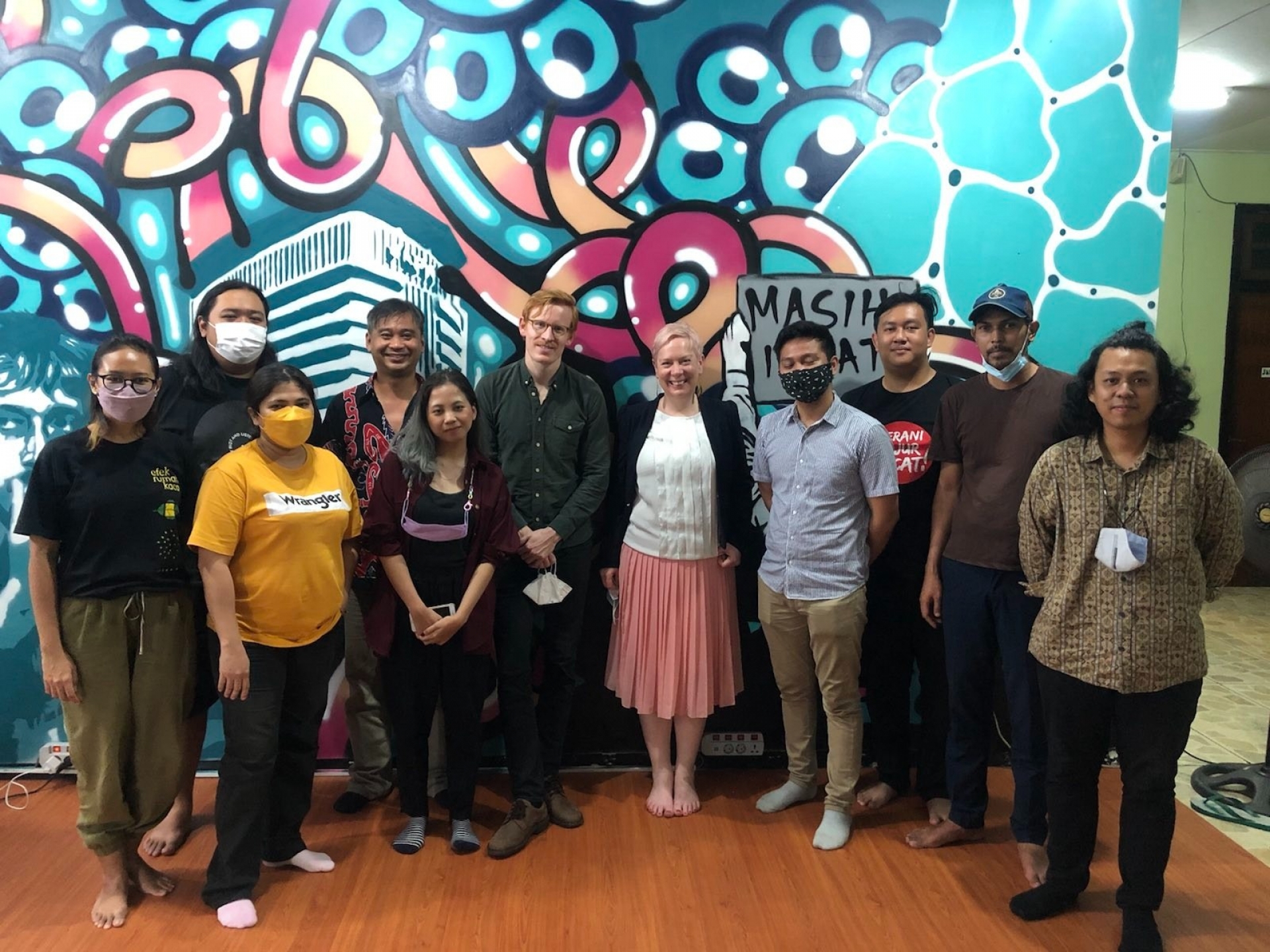
We also met with the Jakarta chapter of one of the most important human rights organizations in Indonesia, The Commission for Missing Persons and Victims of Violence (KontraS), who also work on many issues including supporting various victims-groups throughout the country.
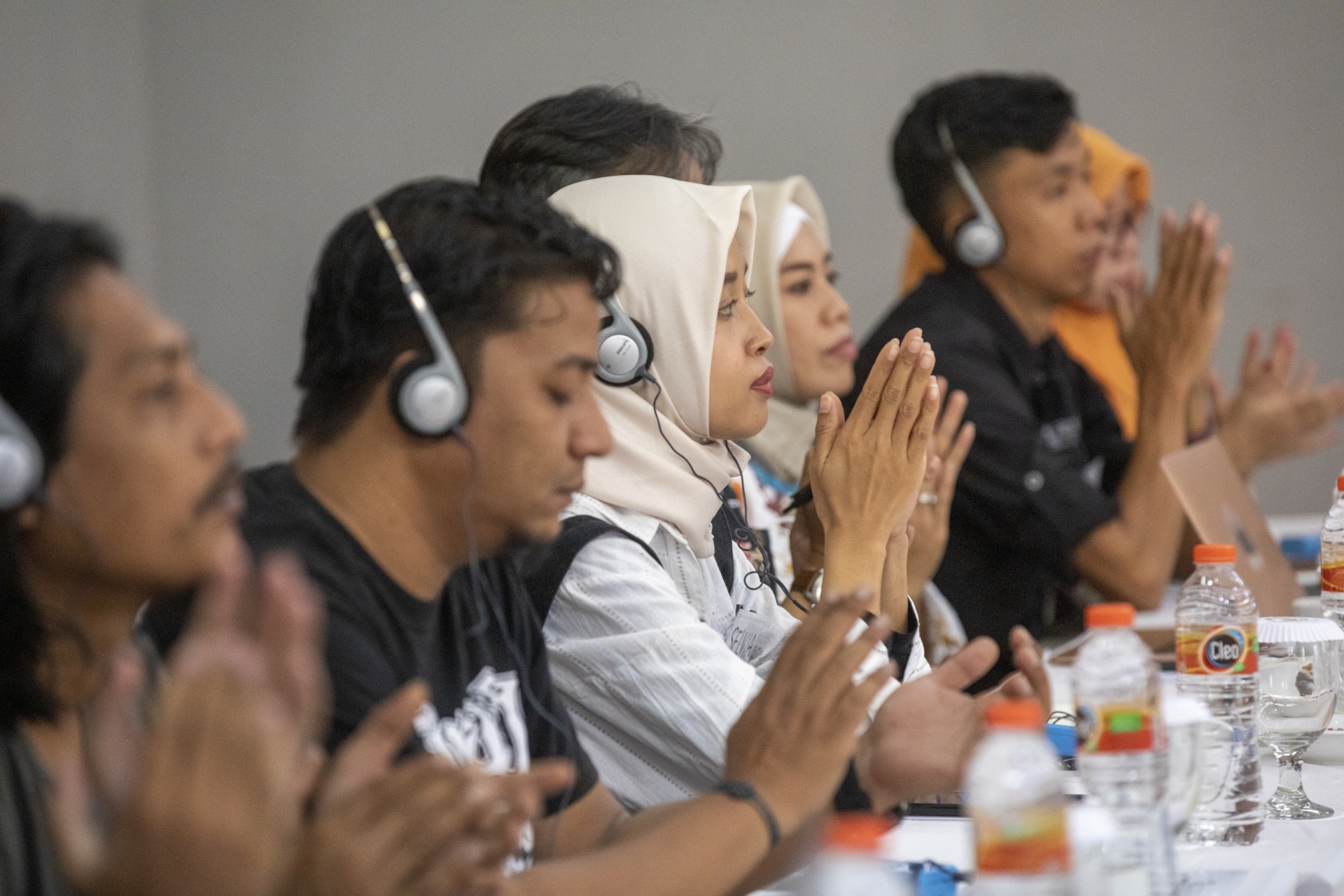
One of the primary focuses of the NHRF is to facilitate sharing and building of capacity for our grantees.
In Jakarta, we gathered representatives from all our partners for a two-day seminar with many discussions, workshops and trainings on a broad spectrum of human rights issues and challenges in Indonesia today.
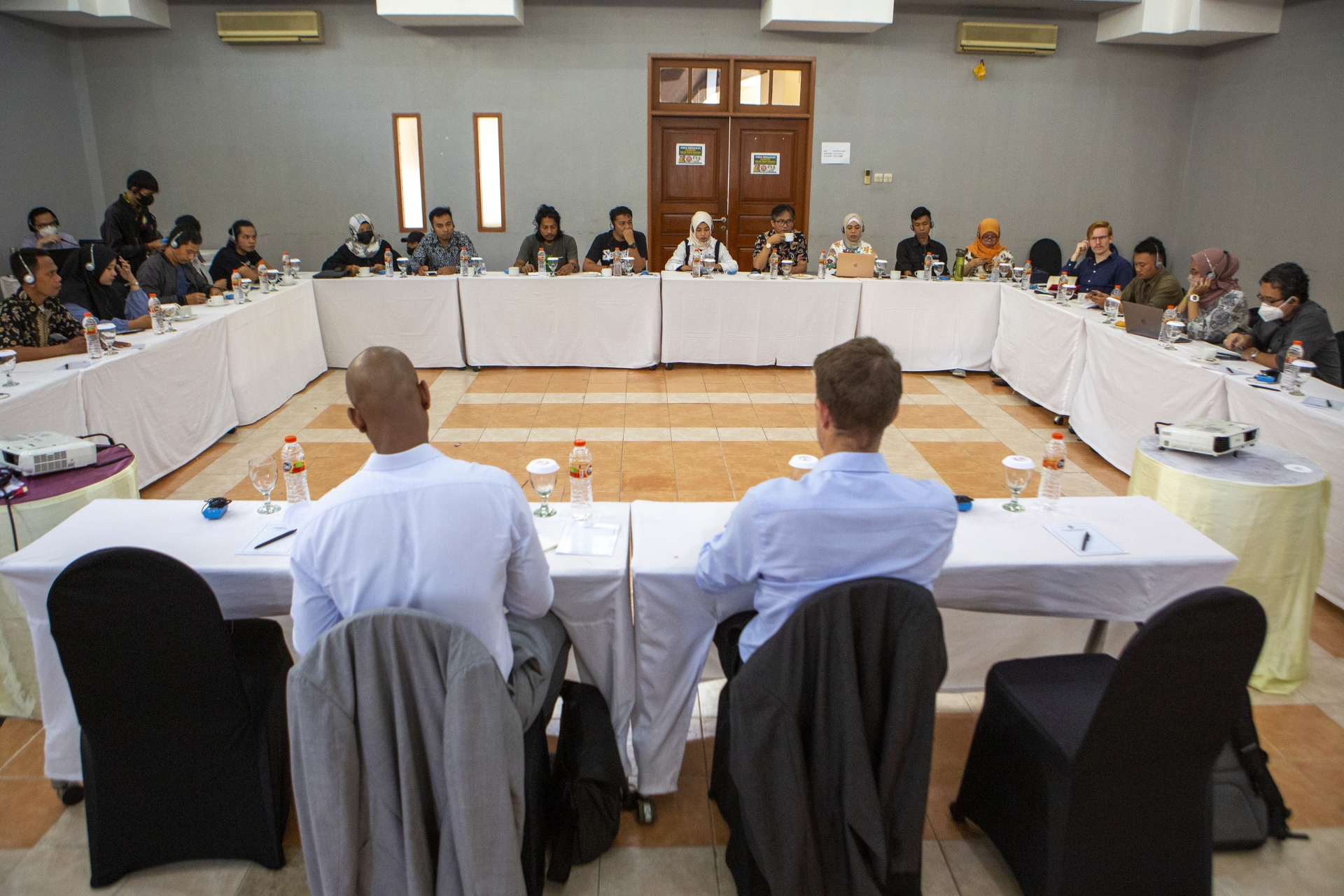
We organized trainings on security, gender equality, and financial management, a workshop on shrinking civil society space and the so-called ‘omnibus law’, and were joined by representatives from the Norwegian embassy for a roundtable discussion.
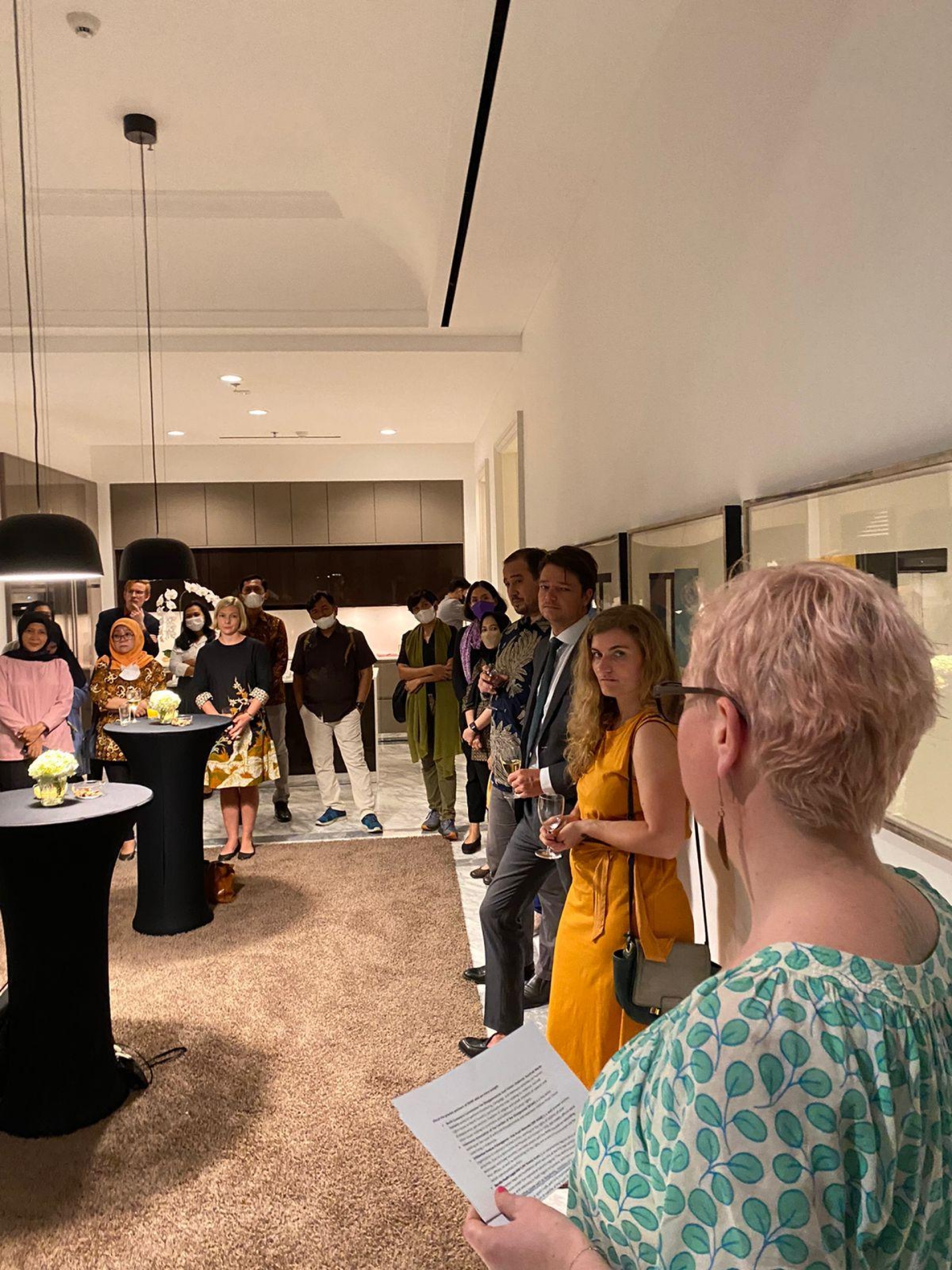
As a conclusion to our grantee seminar, the Norwegian embassy hosted us, several of their civil society partners as well as representatives from other embassies to a reception at the residence of the ambassador. A core part of NHRF’s mandate is to link grantees and local defenders with other networks, institutions and actors for visibility, increased protection and to enhance their work. Events like this enable such linkages to be made.
After a week in Jakarta, the NHRF travelled to Sumatra to visit our local partners working there. In an Achenese village called Cotmee, LBH Banda Aceh supports the local community in their land conflict against a palm oil company that have unlawfully claimed their community land and caused significant environmental destruction and loss of livelihoods for the local population.
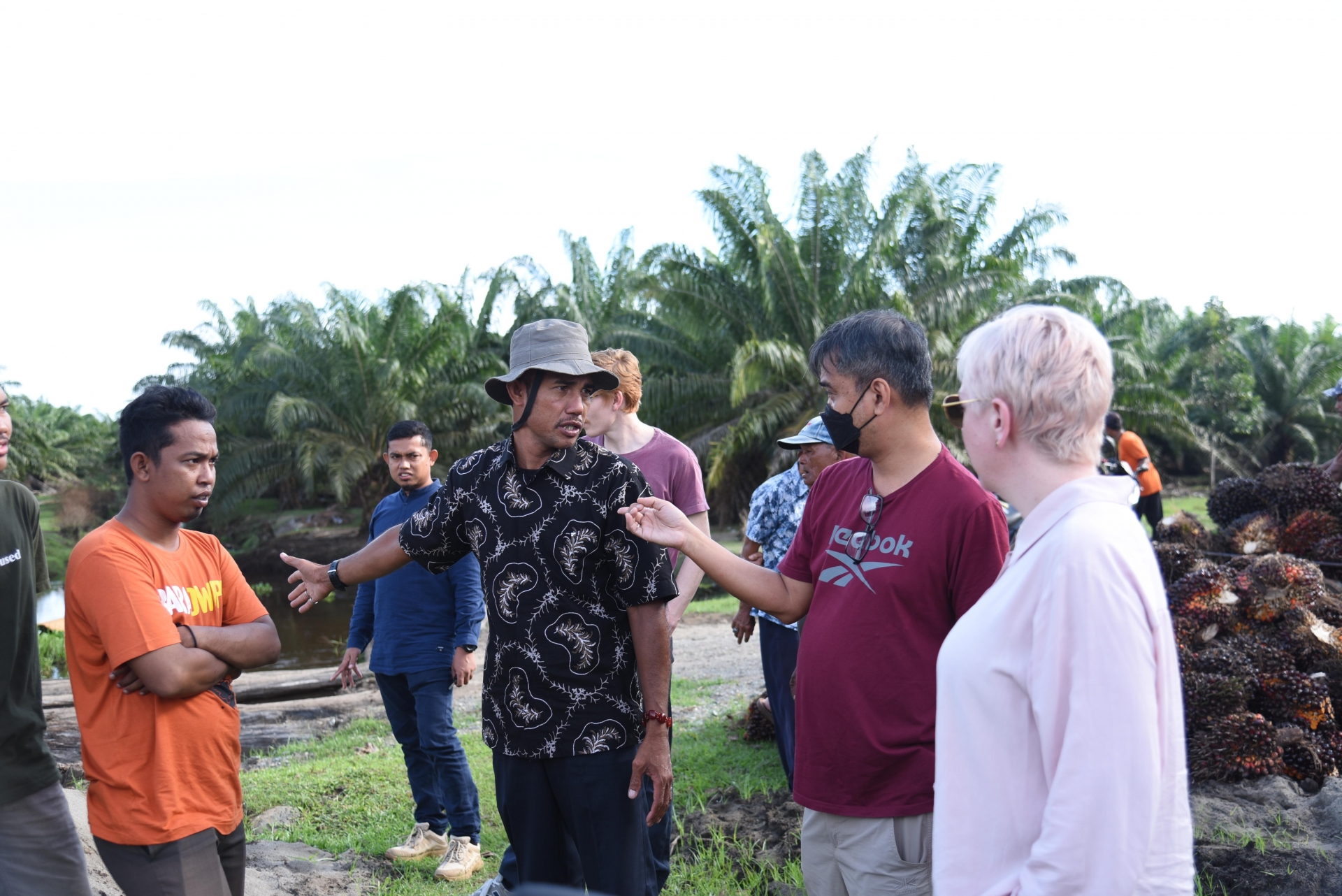
Local community members showed the NHRF around their village as well as how the local palm oil plantation have encroached the land around their village.
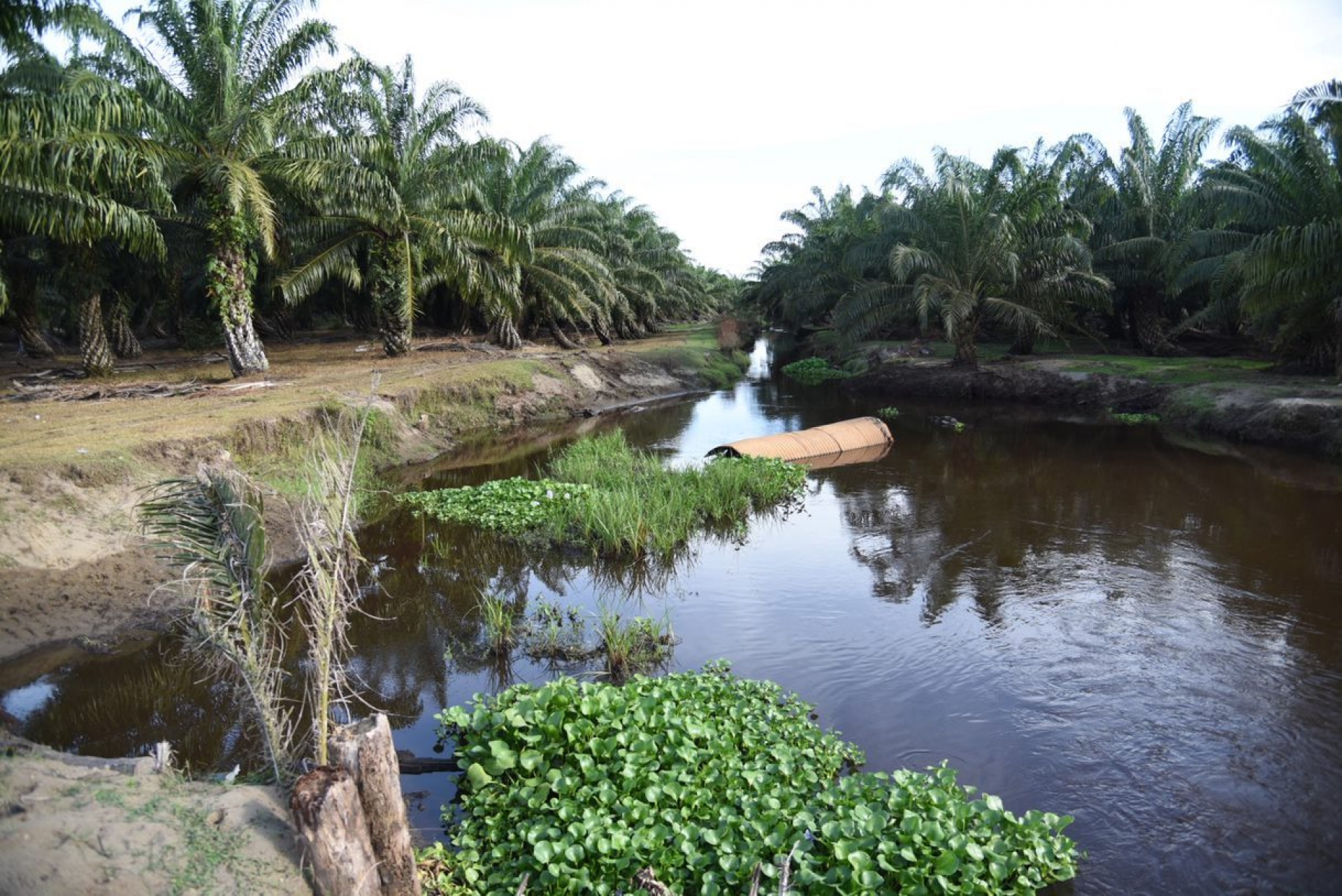
Pesticides and fertilizer remnants from the palm oil plantation have spilled into the local water supply. The local community reported that this have impacted their drinking water source and their coastal livelihoods as they previously relied on the water for harvesting clams.
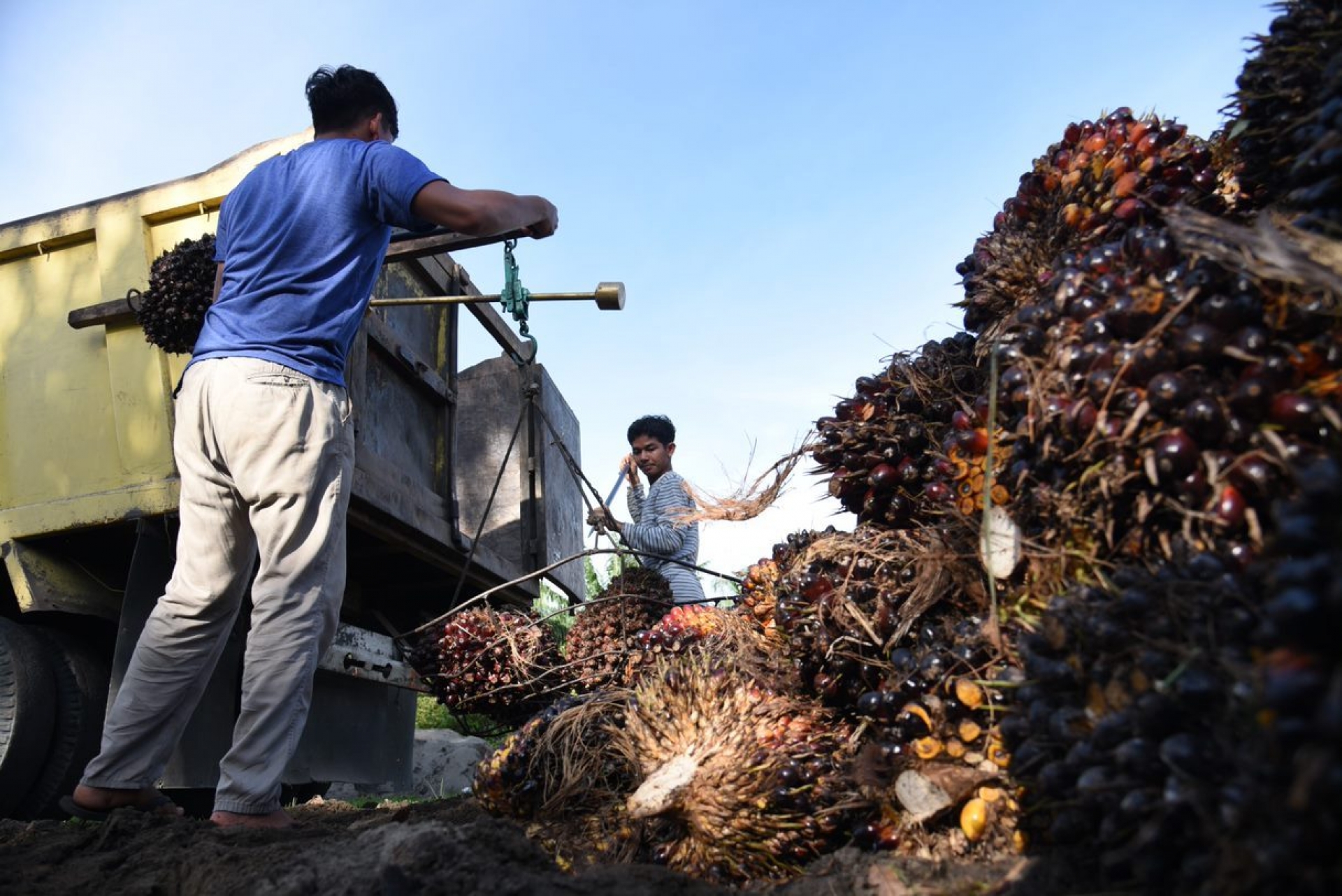
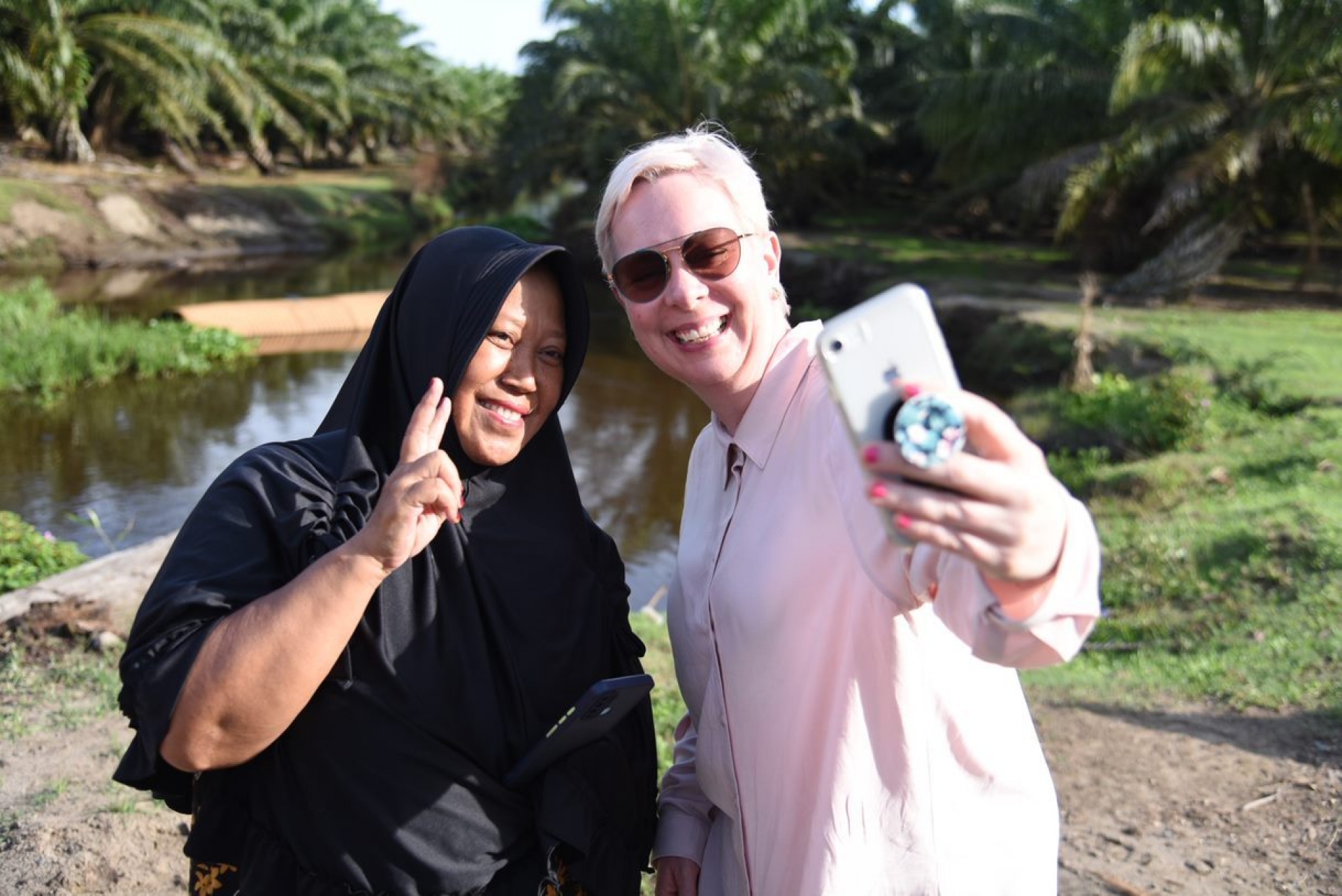
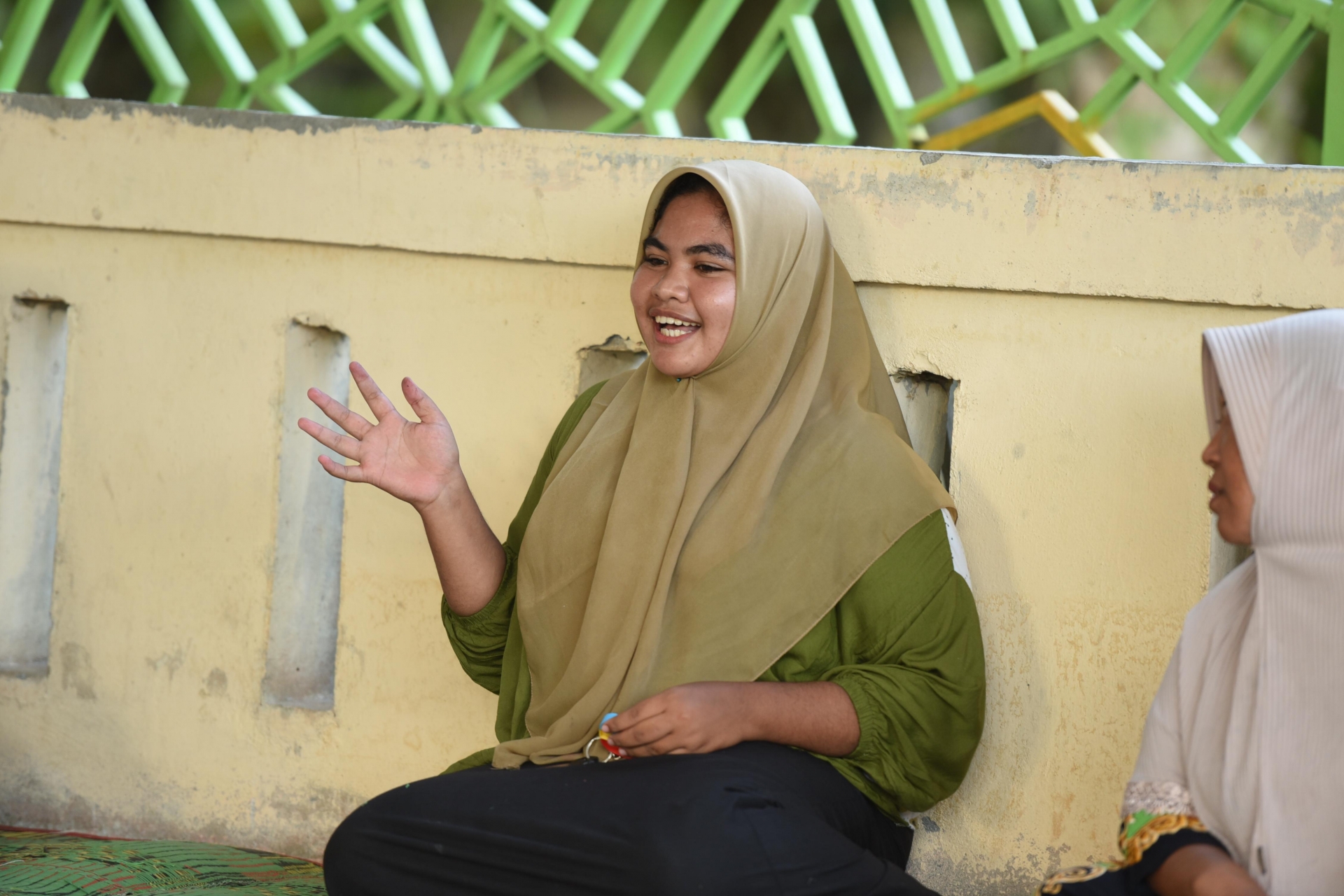
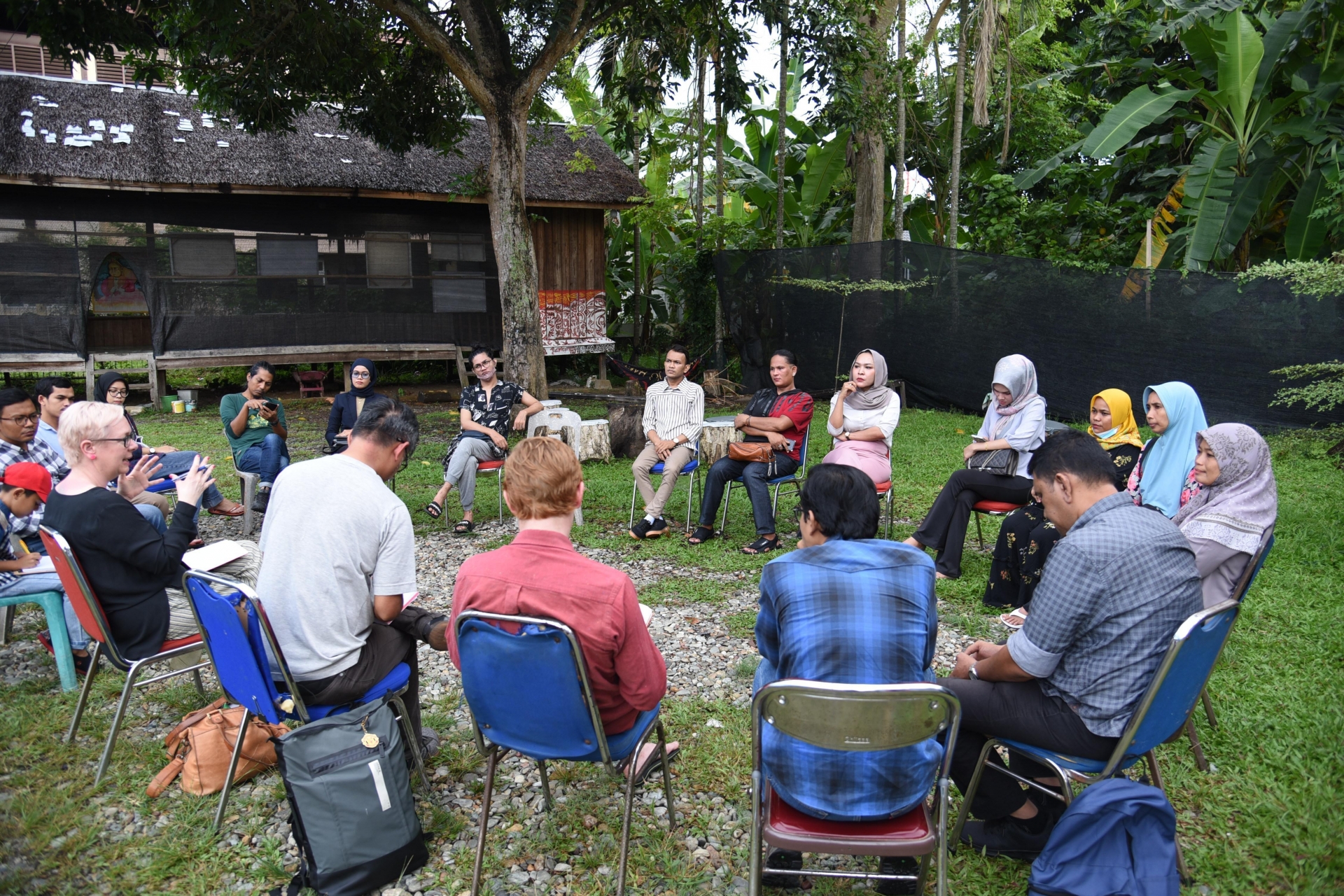
In Banda Aceh, we got a glimpse of the vibrant local civil society as we met with a group of feminist and trans rights organizations. As the most conservative region of Indonesia applying restrictive Sharia law, trans women in Aceh face considerable challenges. Driven from their usual work in beauty parlors in the area, many trans women now end up in hiding, sex work or leave the area altogether.
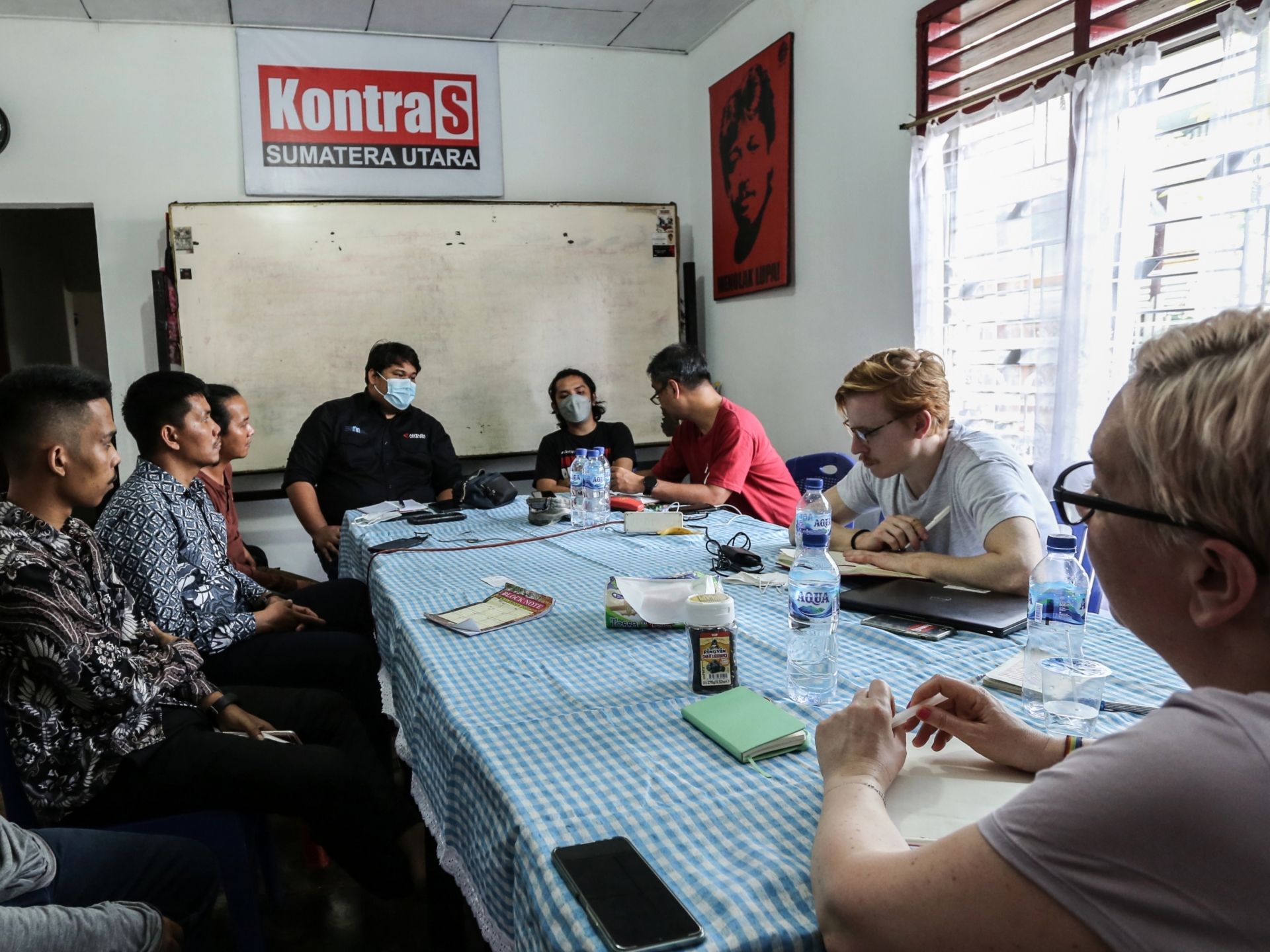
Visits to Kontras, RUPARI and Genesis
In Sumatra, we also visited local partners in Medan, Pekanbaru and Bengkulu. Kontras Sumatra introduced us to their network of NGOs and journalists advocating against the use and acceptance of torture amongst police and security forces.
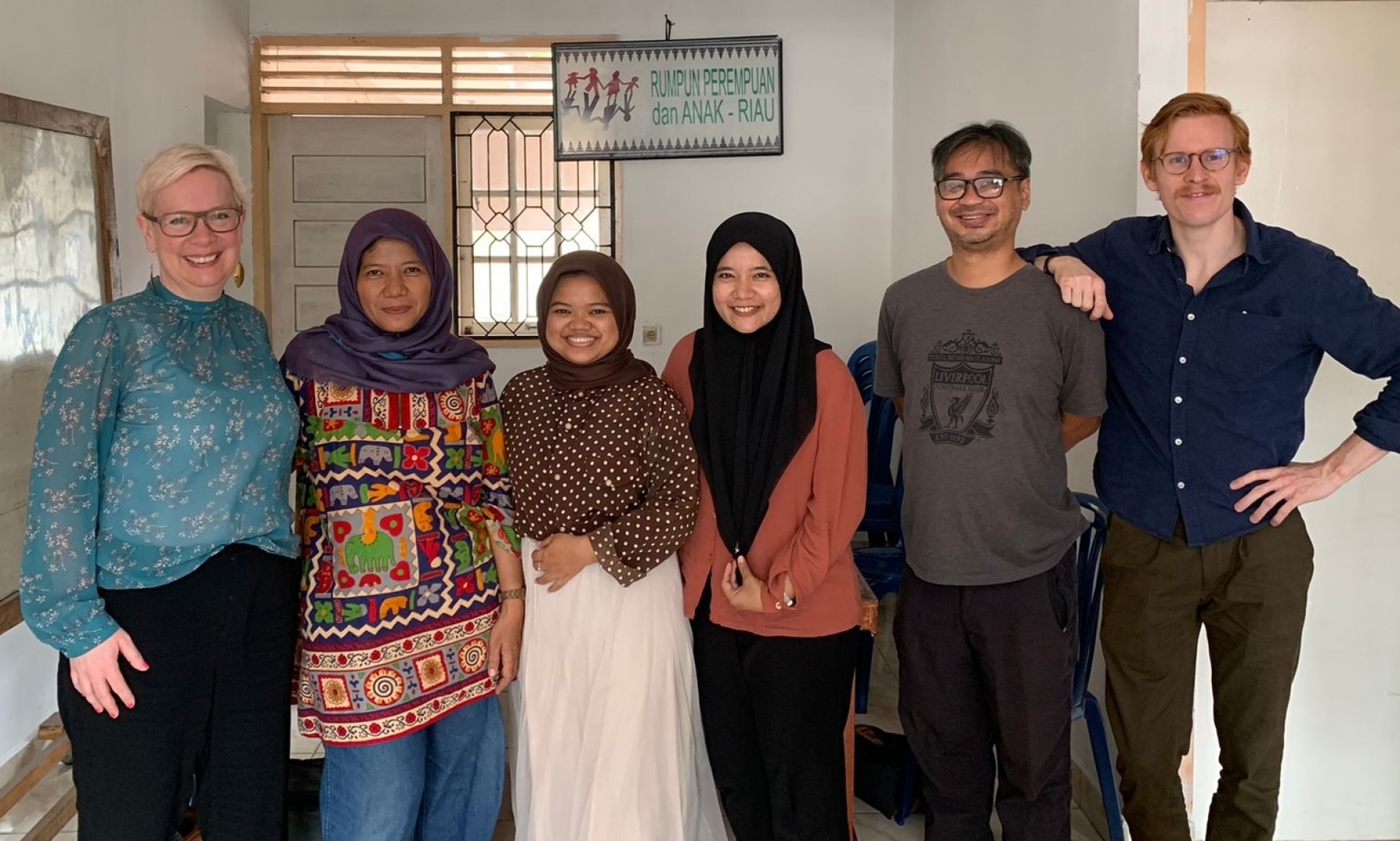
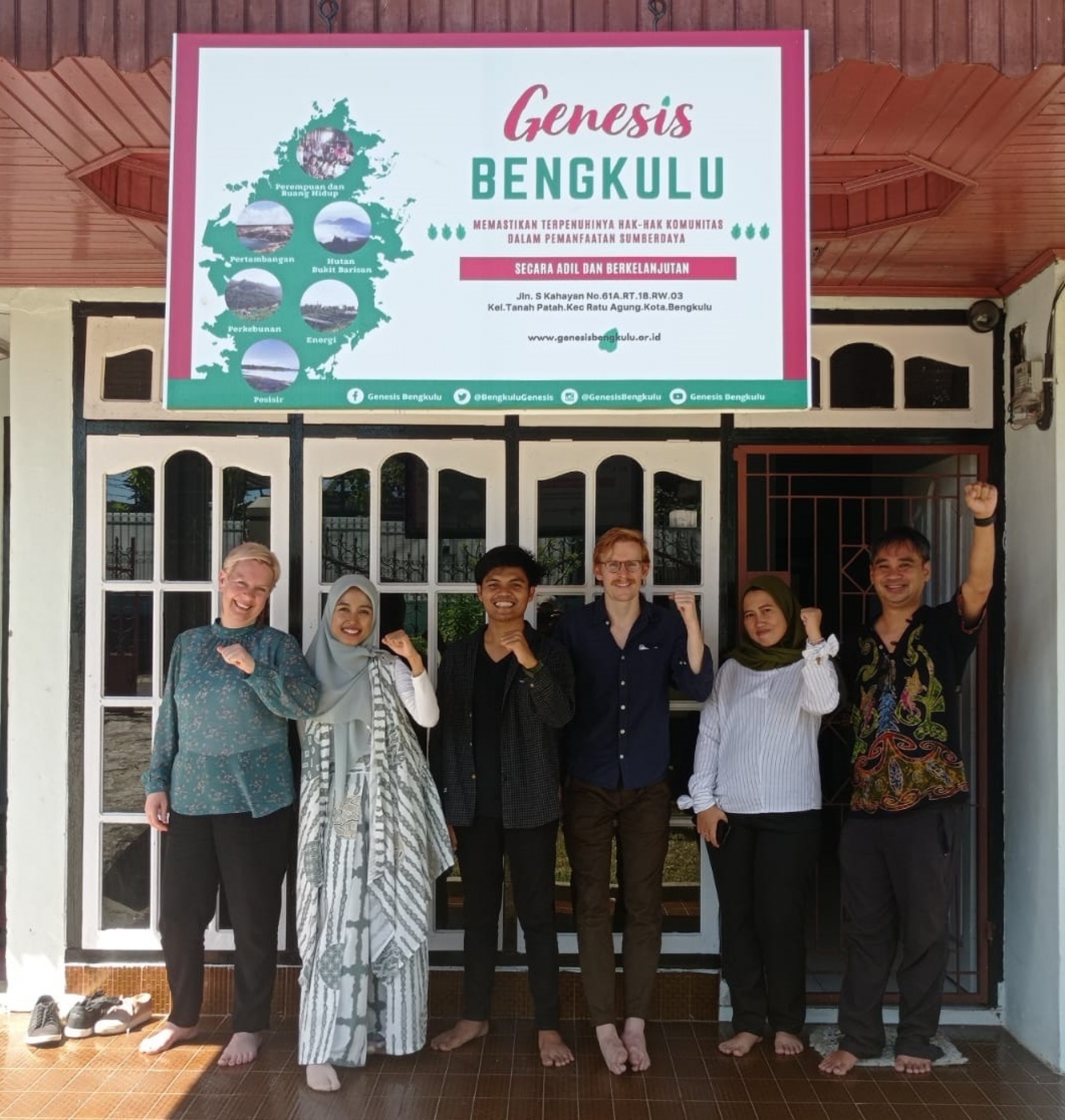
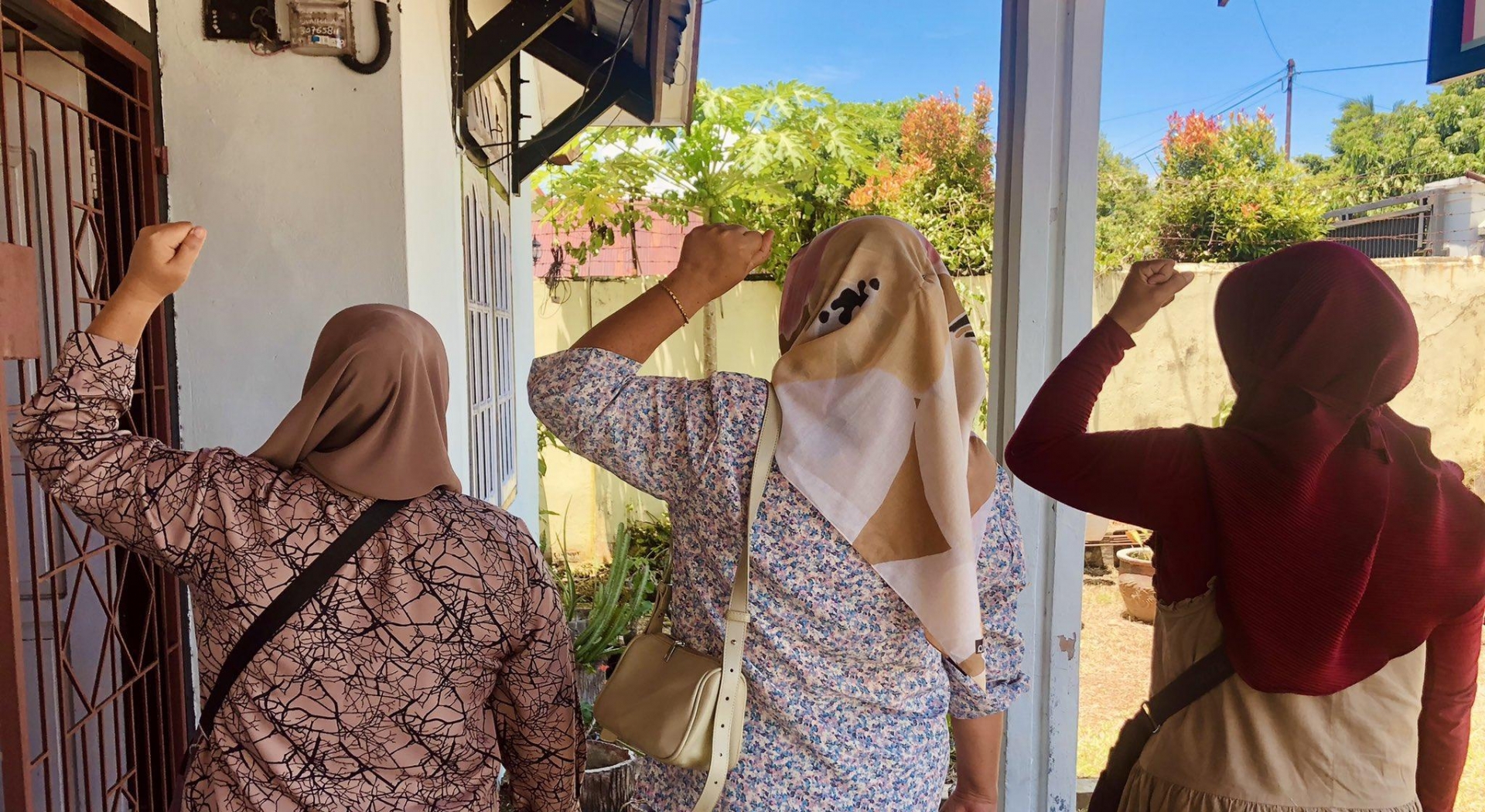
Women environmental rights defenders play a crucial role in local communities in Indonesia.
These women are leading their village’s struggle against a mining company allegedly establishing themselves illegally on the land of the village. They face away from the camera due to fear of their safety should their identities be revealed.
Civil society in Indonesia face enormous challenges today. Our partners all reported repression, threats, and violence against them and human rights defenders. They describe a clear trend of shrinking civil society space in recent years, and the so-called ‘omnibus law’ is one of the primary obstacles for local groups mobilizing on the ground for the creation of robust, secure and resilient movements that can influence positive change. Despite this, their work persists as they are finding new and creative ways to defend hard-won victories and push back against the setbacks.
Photos by: Yusri Adi, Ajeng Dinar, NHRF
